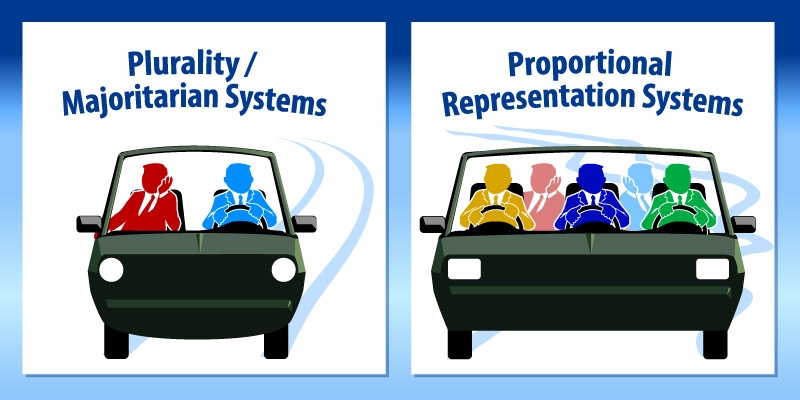Electoral Rules and Fiscal Policy Outcomes

The federal Liberal government is committed to change Canada’s electoral system in time for the next election. While there are a number of political and electoral aspects of this policy change to consider, one area that has been ignored thus far is how electoral rules influence government policy, particularly fiscal policy. Changing the method by which a society elects its political representatives changes the incentives and power structure of the government, which in turn influences fiscal policies.
The preponderance of empirical evidence clearly shows that moving towards a proportional electoral system would lead to higher government spending and more deficits. Put simply, changing our electoral rules doesn’t just change the way we elect our political representatives; it could also fundamentally change basic government policy over time.
Authors:
More from this study
Subscribe to the Fraser Institute
Get the latest news from the Fraser Institute on the latest research studies, news and events.





